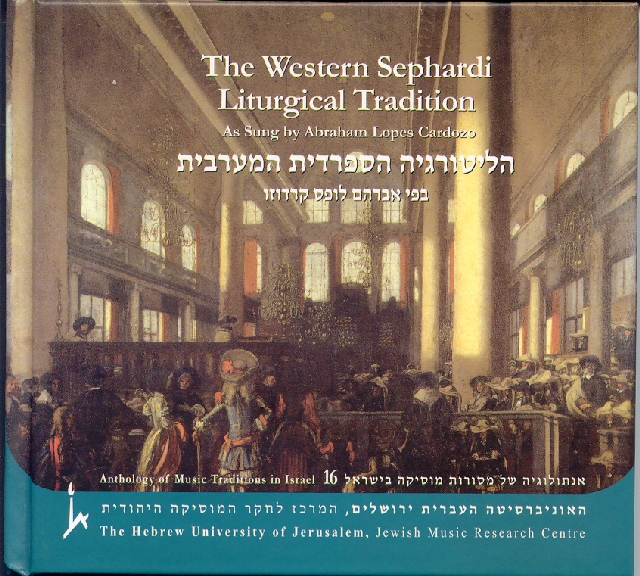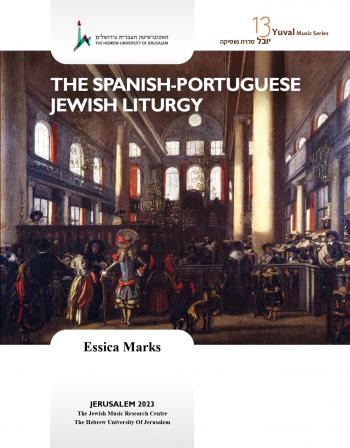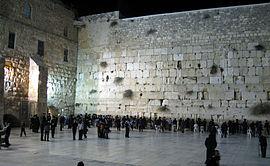Performed by Reverend Abraham Lopes Cardozo
Mi hakham ve-yishmor eleh, Qaddish and Barekhu
This piece opens with the second half of the last verse of the special Psalm for Succoth, the Festival of the Tabernacles (Psalm 42). The text, preceding the formal opening of the service, is the turning point in the performance of the service in which the hazzan takes over the leadership of the service from the congregation. The melody used for the Psalm is subsequently adapted by the hazzan to the immediately following qaddish, formally opening the public part of the evening service. The first part of the melody derives from the singing of the hallel (see no. 28 above). The second part of the qaddish, starting from the response yehe sheme rabba, shifts to one of the most characteristic Spanish-Portuguese "seasonal melodies" for the Festivals, the melody of the "Dew and Rain" (tal va-geshem) prayer (compare no. 27 above). This liturgical music unit consisting of the half Psalm verse and the qaddish ends with the call of the hazzan: Barekhu et adonay ha-mevorakh ("Bless the Blessed Lord!"). This tripartite musical unit is a characteristic of the Portuguese liturgical tradition and was set to different, original melodies by the hazzanim of Amsterdam as evidenced in their 18th century manuscript manuals (see Seroussi 2001).






